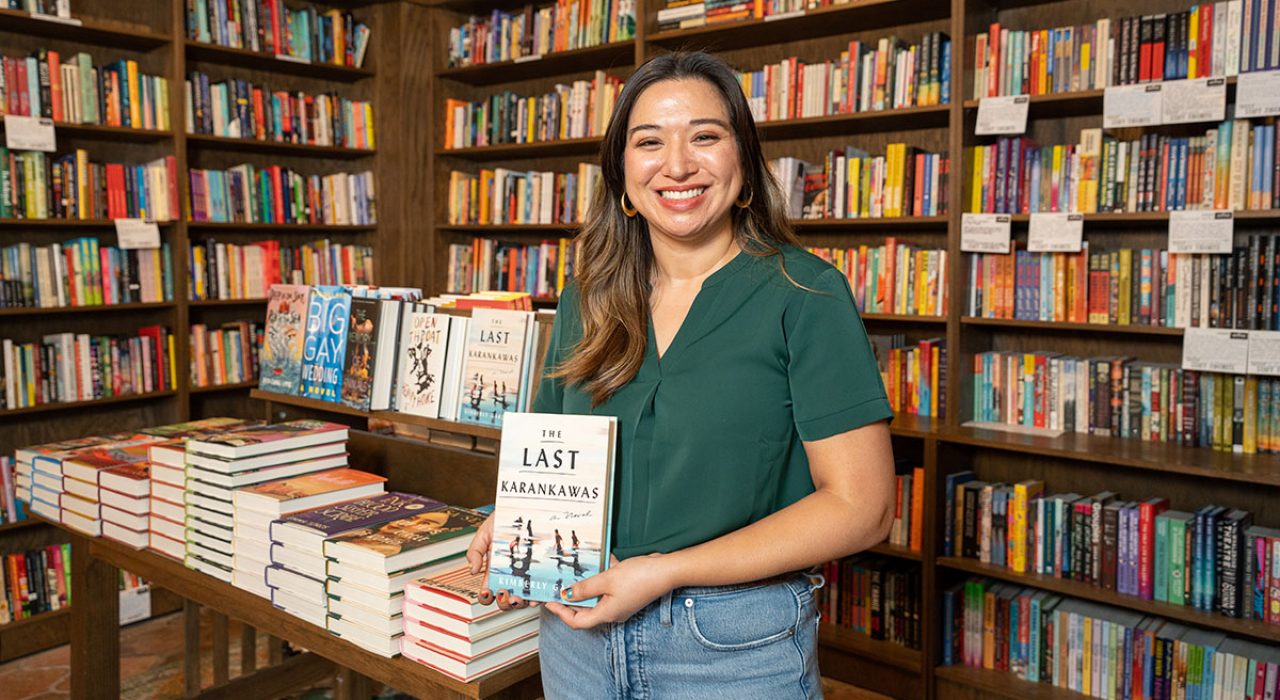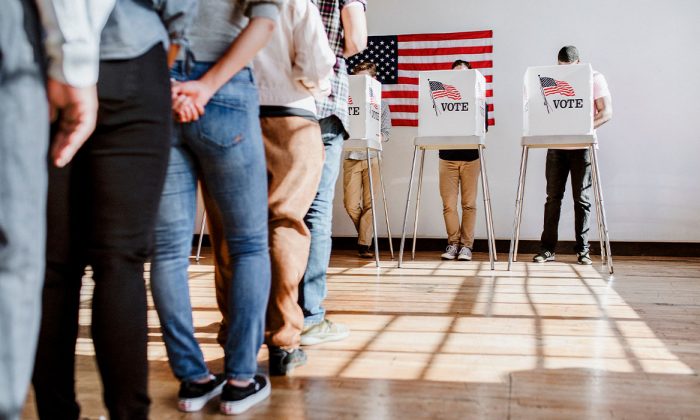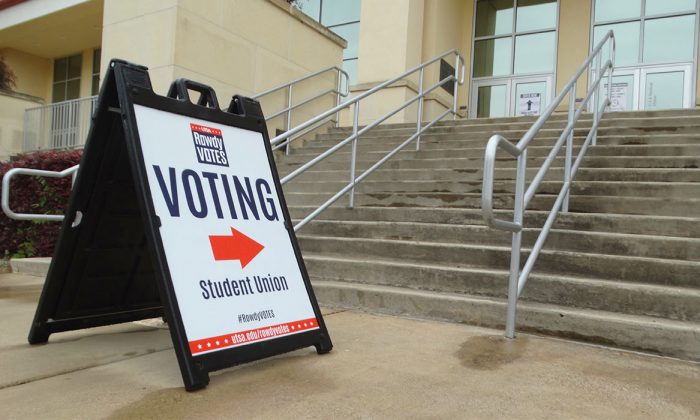Author Kimberly Garza is combining imagination and her own unique perspective of the world to tell stories. An associate professor of English in the College of Liberal and Fine Arts, Garza was recently named a 2024 Creative Writing Fellow by the National Endowment for the Arts (NEA), the largest funder of the arts and arts education nationwide.
She was selected from more than 2,100 applicants and received $25,000 in funding to set aside time for writing, research, travel and career development.
“I feel very grateful and very lucky to have been selected for this fellowship,” she said. “This will allow me to take time away from teaching so I can just write, which I haven’t done before so it should be interesting.”
Garza is working on her second contemporary novel, which is loosely based on aspects of her life. It’s about two sisters from Texas who travel to the Philippines after the death of their mother. They are reconnecting with distant family and must decide what to do with the ancestral land left to them.
“You become a better writer because you’re learning from others. You’re seeing how other people out in the world are shaping stories, characters, dialogue and plot.” — Kimberly Garza
She published her first novel, “The Last Karankawas” in 2022. It was selected as a New York Times Editors’ Choice and an Indie Next pick. The story follows a close-knit community in Galveston, including one young local woman whose grandmother claims their family are descended from the Karankawas, an indigenous people of Texas.
A native Texan herself — born in Galveston and raised in Uvalde — Garza described becoming an author as a natural progression in her career. She began writing short stories at a young age and would often find herself rewriting endings to others’ stories.
“The best advice I can give my students is what I’ve learned being a writer, and that’s to read constantly,” Garza said. “Or if not reading, consuming stories somehow, if that means watching TV or movies or playing video games with really cool narratives.”
She added, “You become a better writer because you’re learning from others. You’re seeing how other people out in the world are shaping stories, characters, dialogue and plot.”



